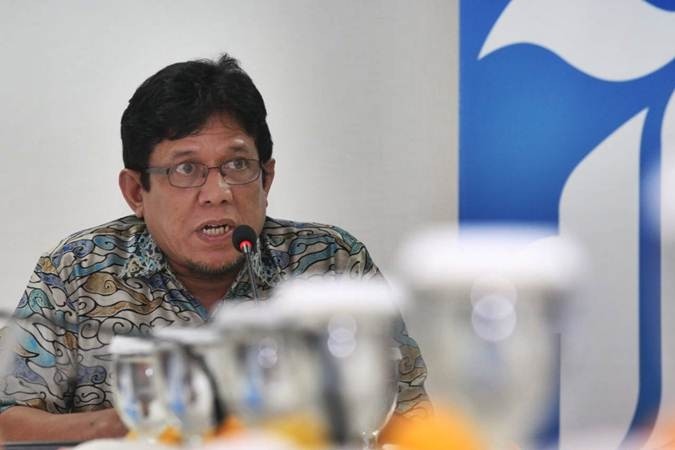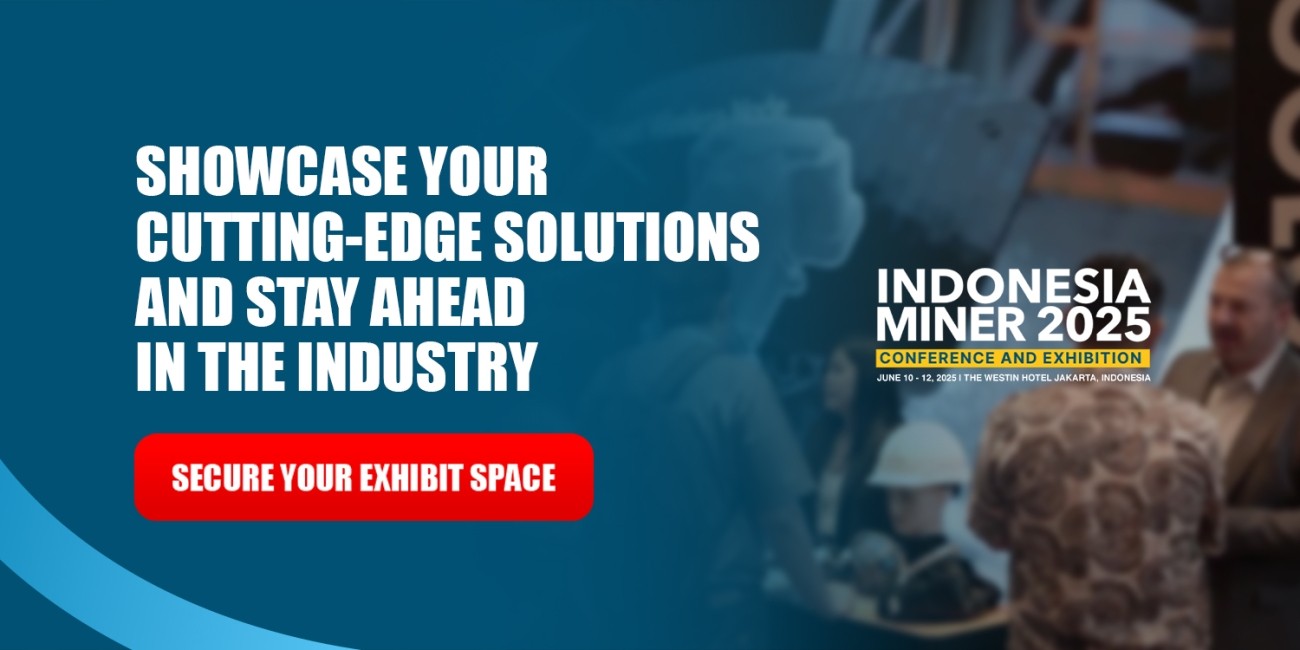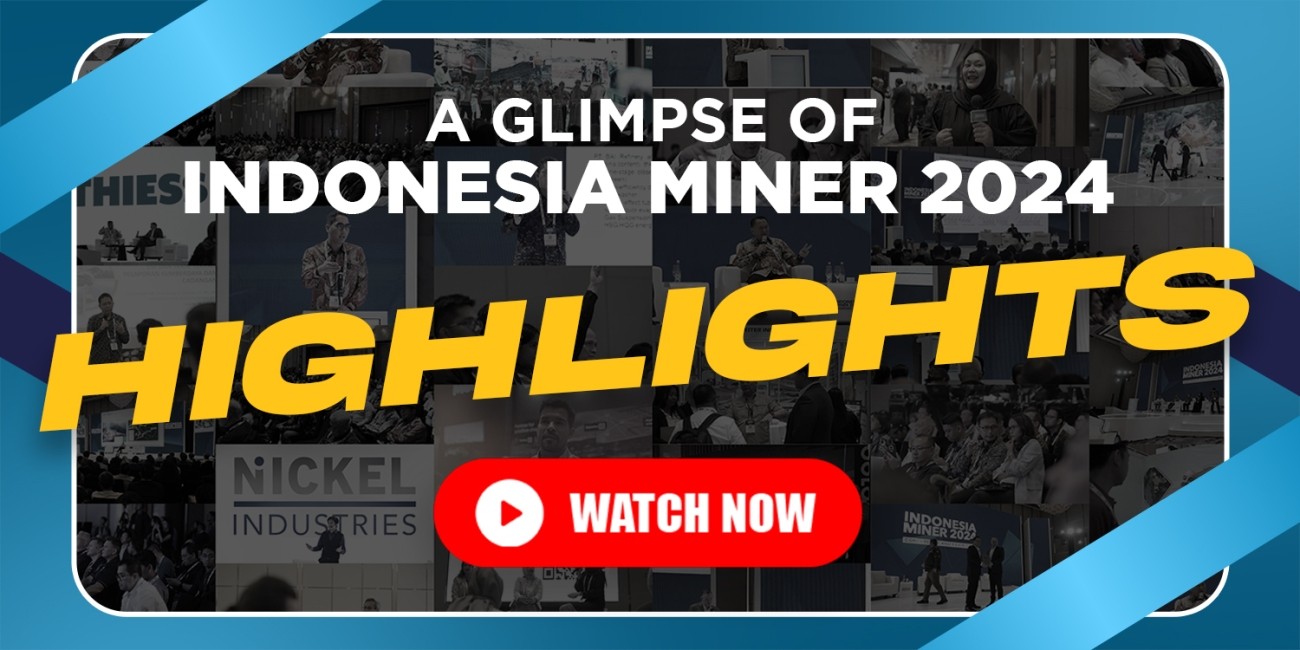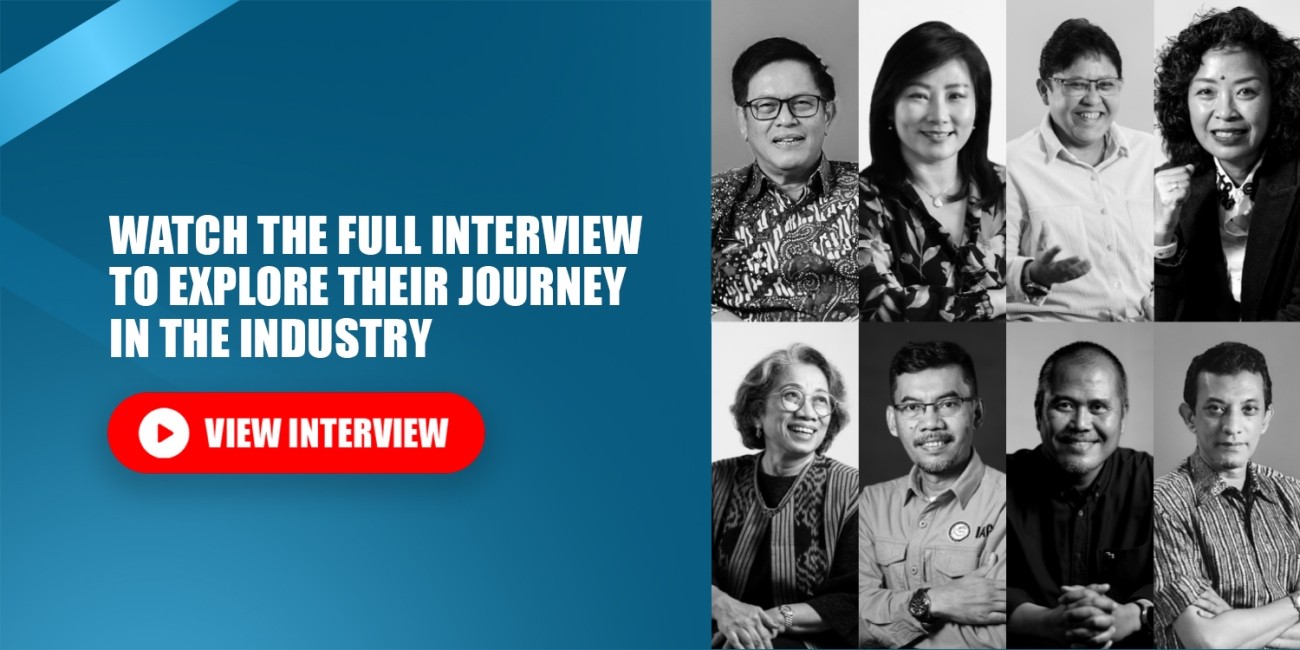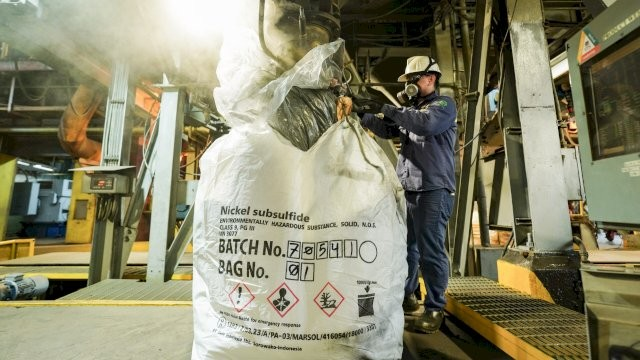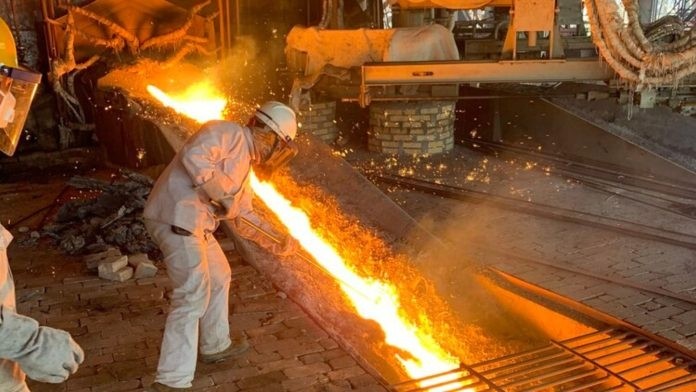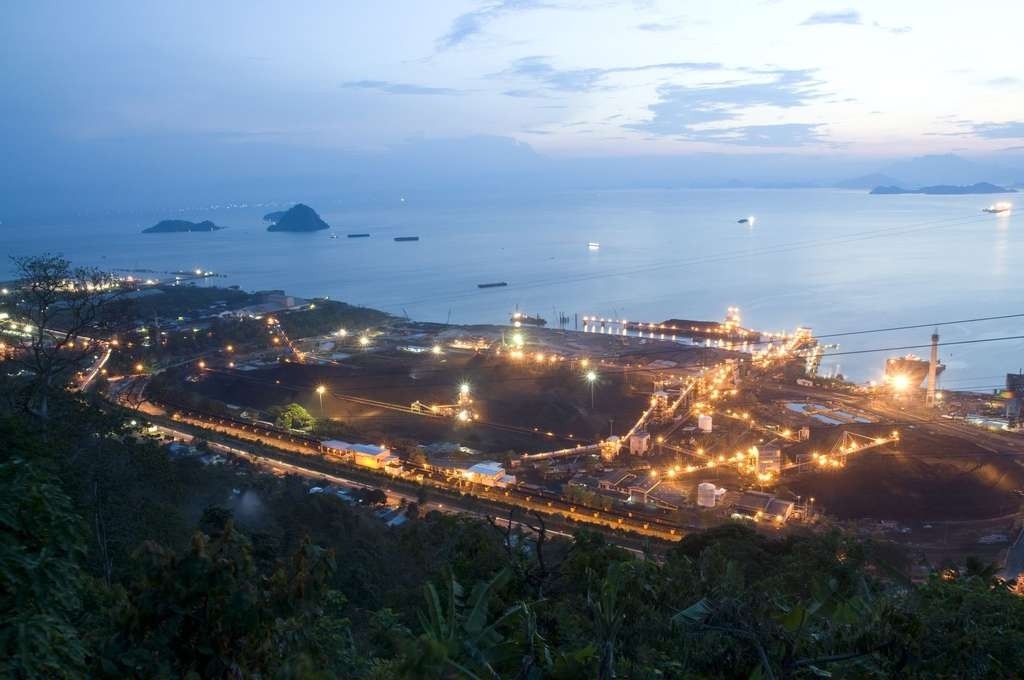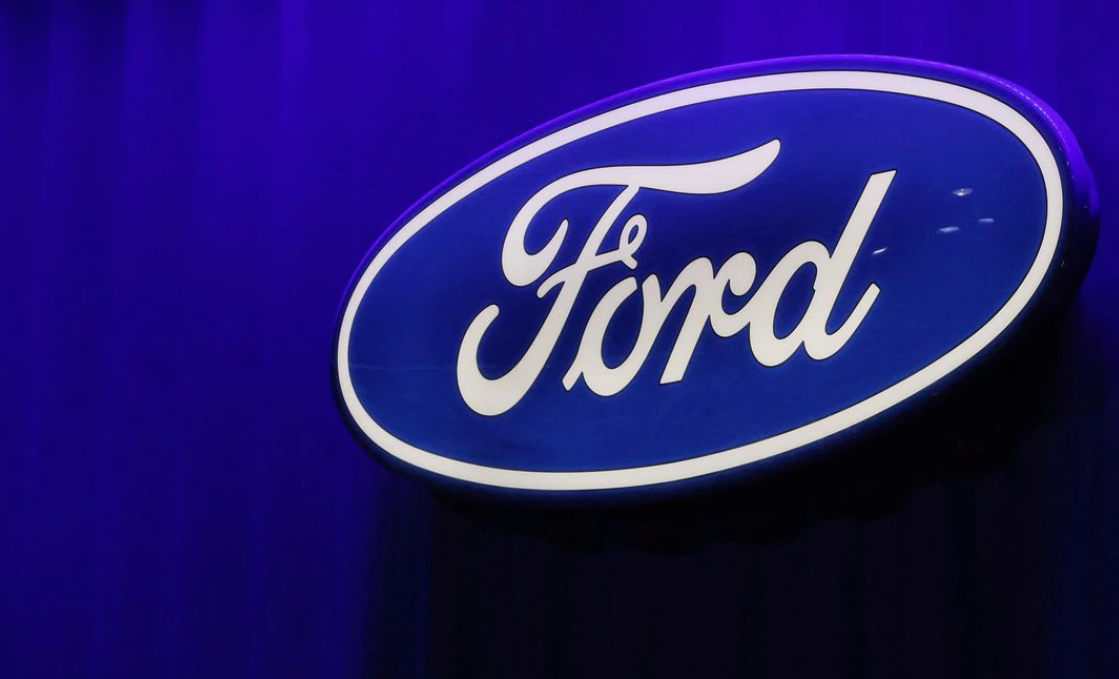The government still has homework to make the downstream program a success. Chairman of the Indonesian Mining Experts Association (Perhapi) Rizal Kasli said, there are no commodities that are 100% ready to be stopped from exporting in the context of downstreaming.
For this reason, the government, according to Rizal, needs to encourage further industrial development to manufacturing in Indonesia.
"The strategy that can be done can be by special assignment to certain SOEs that are formed for it as a pioneer industry. This needs to be done if the private sector is not interested in it," Rizal told Kontan.co.id (22/12).
Another challenge is that there are also licensing issues that need to be addressed to encourage industrial development.
"Another thing that the government must help is the issue of licensing that is still felt to be too long, such as amdal, and others. There are so many permits that must be taken care of both at the center and in the regions. This will be a handicap for the development of national industry," explained Rizal.
As is known, the government is strengthening the downstream sector. This effort has previously given birth to a policy of banning the export of nickel ore which has been in effect since January 2020.
Following this, the export ban is also planned to apply to bauxite ore in June 2023, as well as to other mineral commodities.
President Joko Widodo (Jokowi) said that the government is still calculating which other commodities will follow to stop exporting raw materials. He emphasized that the export ban does not have to wait for the commodity industry to be fully prepared.
"For other commodities, it is calculated to calculate the readiness of the industry. Once the industry is half ready, we don't have to be ready, half ready, we immediately stop it. We are forced to solve the industry immediately," said Jokowi in a Press Statement, Wednesday (21/12).
At the same time, the government is also overseeing the development of the mineral processing and refining industry. Based on data from the Ministry of Energy and Mineral Resources (ESDM), until the end of December 2021, 21 mineral refining facilities have been completed, consisting of 15 Nickel mineral refining facilities, 2 Bauxite mineral refining facilities, 1 Iron mineral refining facility, 2 Copper mineral refining facilities, and 1 Manganese mineral refining facility.
In 2022, there are 7 more new smelter projects scheduled to operate. Two of them are smelters that are integrated with mining activities, namely the East Halmahera Ferronickel (P3FH) plant of PT Aneka Tambang Tbk (ANTM) located in North Maluku, and the smelter owned by PT Sebuku Iron Lateritic Ores (SILO) in South Kalimantan.
Meanwhile, the other five smelters are stand-alone smelters. The five include a smelter with Mixed Hydroxide Precipitate (MHP) products of PT Smelter Nickel Indonesia in Banten, a lead bullion smelter of PT Kapuas Prima Citra in Central Kalimantan, a Zinc Ingot smelter of PT Kobar Lamandau Mineral in Central Kalimantan, an alumina grade smelter of PT Well Harvest Winning AR (Phase II) in West Kalimantan, and a Pig Iron smelter of PT Alchemist Metal Industry in North Maluku.
Image source: PERHAPI
